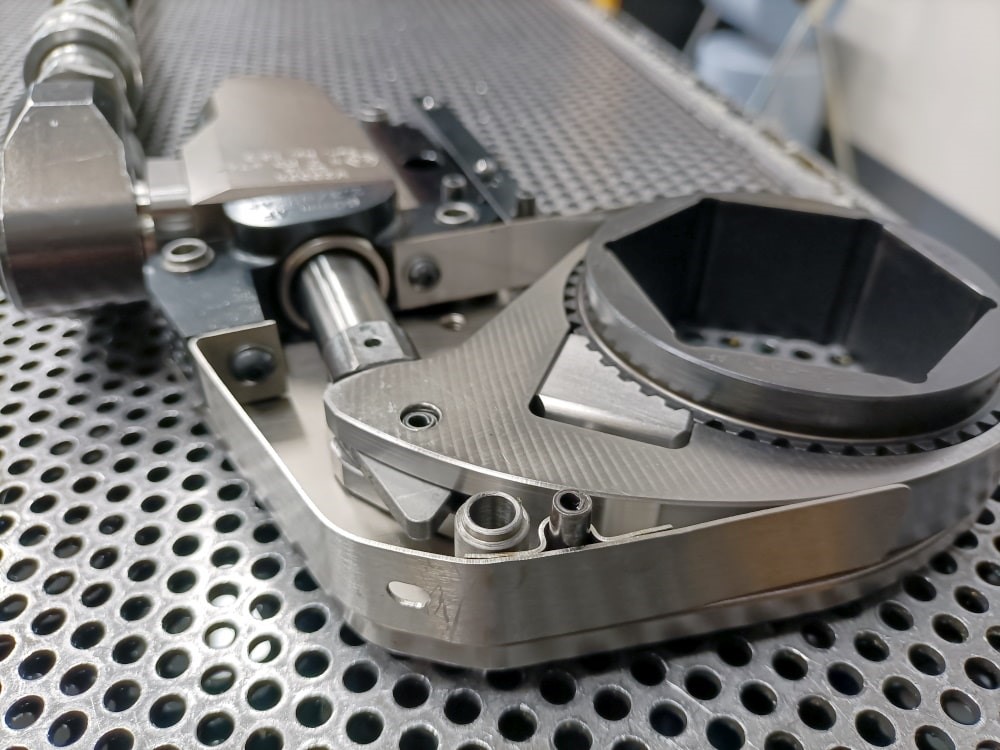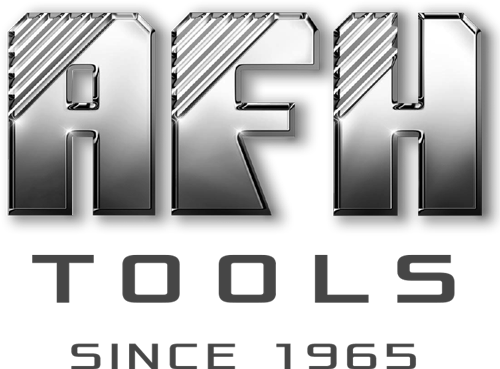THE BENEFITS OF HYDRAULIC TORQUE WRENCHES

The Benefits of Hydraulic Torque Wrenches
How Does a Hydraulic Torque Wrench Function?
Before delving into the inner workings of hydraulic torque wrenches, let's get a better grasp on torque wrenches in general.
To tighten or loosen fasteners and screws, torque wrenches are utilized. When rigidity is a crucial factor, they play a crucial role. They are designed to apply a specific torque to achieve the intended degree of bolt tightness. A hydraulic torque wrench is a more sophisticated version of the standard hand-held torque wrench.
A hydraulic torque wrench is a calibrated device that measures the torque used to tighten or loosen a fastener to the desired degree. George A. Since that time, they have been utilized in a variety of industries, including transportation, field erection, and oil and gas exploration. On well-lubricated bolts or fasteners, hydraulic torque devices are used.
In comparison to their pneumatic equivalents, hydraulic torque wrenches are lighter and operate more quietly. The precision of these wrenches is +3%, and they also have a lengthy lifespan. They are ideally suited for industries and applications that utilize large fasteners with a high degree of torque precision.
Hydraulic torque wrenches are designed to accommodate joints and nuts of varying height and breadth. This allows for simple and unrestricted movement without interfering with surrounding components.
- Force is imparted on the bolt using a hydraulic tensioning device or the hydraulic stud bolt tensioner.
- This device consists of a high-pressure hydraulic cylinder and accessories that are compatible with bolts and designed to secure the grip.
- The measured hydraulic pressure that is applied, extends to the cylinder piston taking it against the puller that in turn draws or stretches the bolt.
- Once the applied force exceeds that of the preload tension of the bolt, and that which is required for its relaxation, it is run down tightening it against the joint.
- In the next step, hydraulic pressure is released preventing the fastener from returning to its previous position by the tightened nut.
- The tension that is applied is measured in kN.
- The reaction member of a hydraulic torque wrench is its most dangerous part. It abuts against the stationary object stopping the wrench from turning the fastener around.
Best practices for utilizing the hydraulic torque spanner for optimal outcomes
To ensure safety, a hydraulic torque wrench must be utilized in a particular manner. As with the majority of modern tools, hydraulic torque wrenches function optimally when specific parameters are implemented in conjunction with safety precautions.
- When using a hydraulic torque wrench, it is essential to wear protective equipment such as mittens and goggles. Additionally, it is essential that you don a coat or apron to protect any jewelry or objects that hang from your body.
- Before applying the wrench, it is crucial to operate it at the highest scale at least twice. This will allow you to determine whether the moving elements are operating with the correct motion and in the desired direction.
- The handle of any hydraulic torque wrench should be firmly grasped, not the tubing or aligned connections.
- Avoid touching the reaction bar or the boot with your palms.
- Utilize a pulling motion when applying torque, not a pressing motion.
- Eliminate any sockets that are fractured or worn, as they can break, damage the nut, or lead to greater catastrophes.
- Maintain a safe distance from the receptacle and safeguard yourself in the event of an accident.
- The application of tension that exceeds the calibrated range is a strict no because it not only causes instrument failure but is also likely to cause accidents.
- At least once a year, your hydraulic torque spanner must be recalibrated. In the event of a mishap, it must be recalibrated before use.
- Using a cheater bar to gain leverage risks damaging the torque wrench and producing inaccurate readings.
If you have additional questions about how hydraulic torque wrenches operate, please contact AFH Tools for more information.


